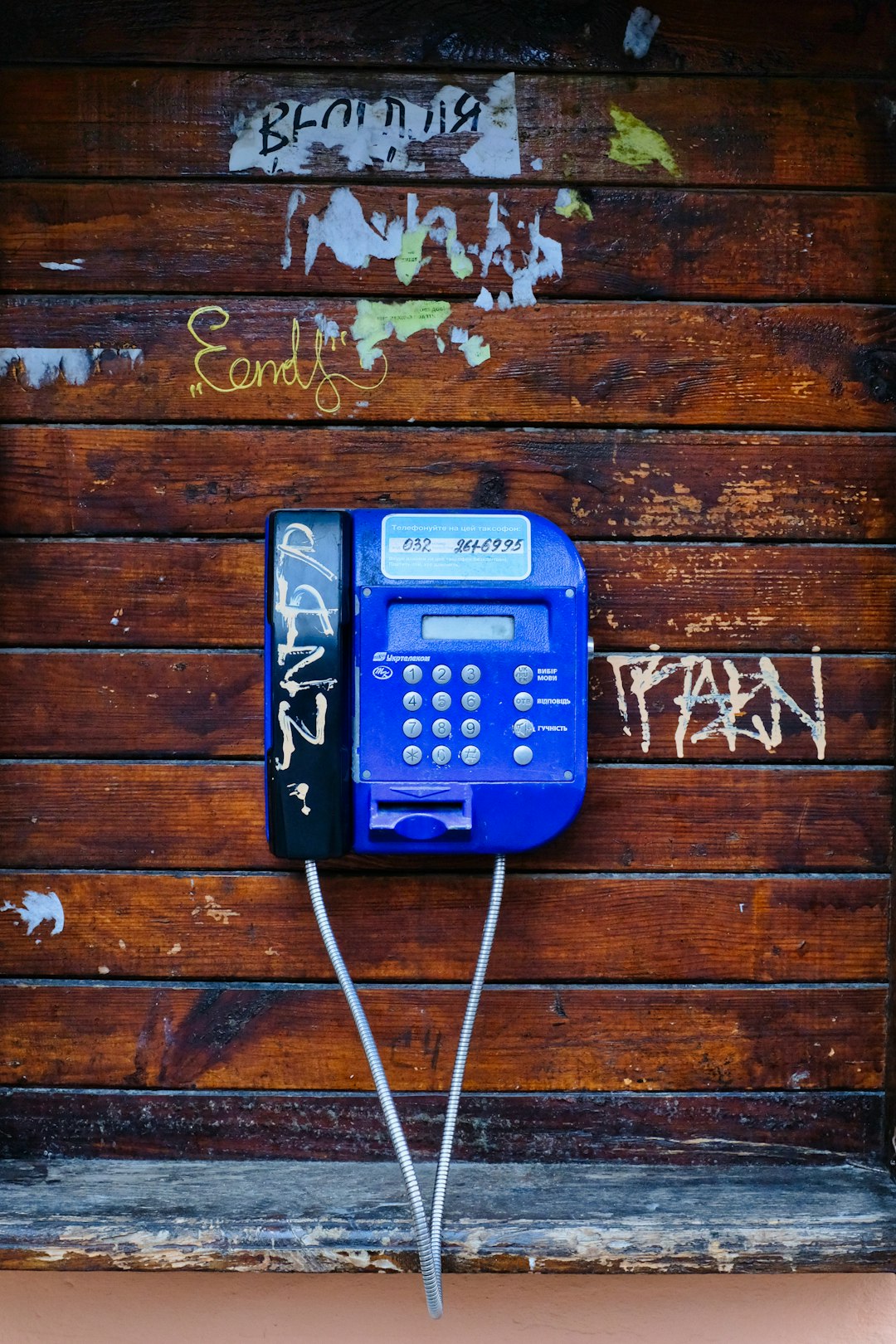In Colorado, including Fort Collins, residents are protected from unwanted robocalls by federal (TCPA) and state laws. Consumers can sue for damages under the TCPA if they receive unauthorized or harassing robocalls. The energy sector's expertise in communication systems aids in combating robocalls, while local regulations prohibit telemarketers from calling citizens without consent, especially during odd hours. Consulting with an attorney specializing in consumer rights can help determine legal action, including seeking damages or stopping the calls, with evidence and documentation of interactions.
In today’s digital age, robocalls have become a ubiquitous nuisance, particularly within Colorado’s dynamic energy sector. Fort Collins, CO, faces unique challenges due to its status as a bustling hub for industry and consumers. This article explores the impact of robocalls on Coloradans, delving into legal protections available against unwanted calls, specifically in Fort Collins. We examine strategies employed by the energy sector to mitigate robocalls and guide readers on their rights and potential legal actions, including whether one can sue for robocalls in Colorado.
Understanding Robocalls and Their Impact in Colorado

Robocalls, automated phone calls that deliver recorded messages, have become a ubiquitous yet nuisance in modern communication. In Colorado, as in many other states, these calls can include marketing, debt collection, or political messages, but they often fall into the category of unwanted or fraudulent activities. The impact of robocalls on the state’s residents is significant, leading to consumer frustration and concerns about privacy.
Colorado laws provide certain protections for consumers against excessive or deceptive robocalls. If you believe you’ve been a victim of fraudulent robocalls or have received them in violation of state regulations, you may have legal options. The question of “Can I sue for robocalls in Colorado?” is relevant for those seeking redress. Understanding your rights and the legal framework surrounding robocalls is crucial when considering legal action, especially regarding consumer protections in Fort Collins and across the state.
Legal Framework for Protecting Consumers from Unwanted Calls

In Colorado, including Fort Collins, consumers are protected from unwanted robocalls by both state and federal laws. The Telephone Consumer Protection Act (TCPA) is a federal statute designed to curb excessive or invasive telemarketing practices. It prohibits automated phone systems or pre-recorded messages from calling telephone numbers listed on the National Do Not Call Registry without prior express consent. Coloradans can also look to their state’s laws for additional safeguards, such as restrictions on the timing and frequency of robocalls.
If you believe you’ve received an unauthorized or harassing robocall in Fort Collins, Colorado, you may have legal options. The TCPA allows consumers to sue for damages if they can demonstrate that they were called using an automated system without their consent. This could result in monetary compensation for each violation, making it a powerful tool against persistent or abusive robocallers.
The Energy Sector's Role in Handling Robocalls

The energy sector in Colorado, particularly in Fort Collins, plays a crucial role in addressing the growing issue of robocalls. As one of the state’s key industries, it is well-positioned to understand and combat this modern nuisance due to its expertise in managing complex communication systems. The sector’s professionals can implement advanced caller ID technologies and automation tools to filter out unwanted calls, ensuring that consumers in Fort Collins are protected from invasive robocalls.
Moreover, with the increasing awareness of consumer rights, especially regarding Can I Sue For Robocalls Colorado, energy companies are encouraged to actively participate in call blocking initiatives and educate their customers about available resources. By collaborating with local authorities and telecom providers, these businesses can contribute to a more robust defense against robocallers, fostering a safer and more secure communication environment for residents.
Consumer Protections in Fort Collins, Colorado

In Fort Collins, Colorado, consumer protections against robocalls are enforced to ensure residents’ peace of mind. The city has implemented regulations that make it illegal for telemarketers to call citizens without prior consent, especially during odd hours. These measures aim to safeguard individuals from unwanted and often deceptive marketing calls.
If you’ve received robocalls in Fort Collins and believe your rights have been violated, exploring legal options is feasible. The ability to sue for robocalls in Colorado exists, providing residents with a way to hold perpetrators accountable. By understanding local consumer protection laws, Fort Collins citizens can take proactive steps to stop unwanted calls and potentially seek compensation if their privacy has been invaded.
Can You Take Legal Action Against Robocallers: Exploring Options

If you’re receiving unwanted robocalls in Fort Collins, Colorado, know that there are legal avenues to explore for relief. The Telephone Consumer Protection Act (TCPA) is a federal law designed to curb excessive phone marketing and protect consumers from nuisance calls. Under this legislation, you may have the right to take legal action against robocallers if your privacy has been violated. If you’ve experienced repeated or unwanted calls, especially using automated technology, you could file a complaint with the Federal Trade Commission (FTC). The FTC takes these complaints seriously and can investigate and penalize companies that violate TCPA rules.
In Colorado, state laws also offer additional protections for consumers against robocalls. While suing may seem daunting, consulting with an attorney specializing in consumer rights can help you understand your options. You might be able to seek damages or take other legal measures to stop the calls and hold the responsible parties accountable. Remember, each case is unique, so gathering evidence of the calls and documenting interactions is crucial if you plan to pursue legal action.






